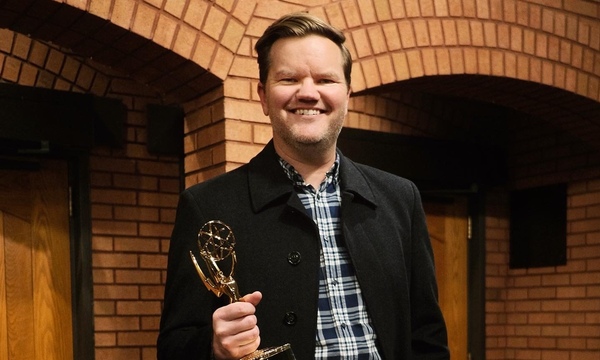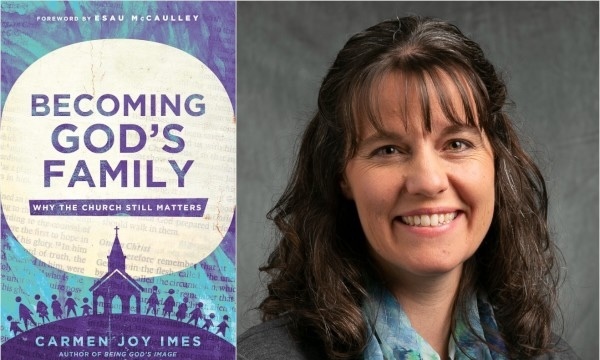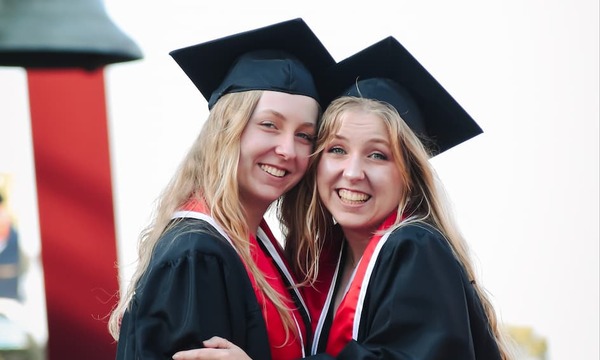With the knowledge and ability to choose the gender and traits a child will be born with – a girl that has green eyes, brown hair and light skin or whatever a parent may choose – where does morality or faith fit in?
In early February 2009, when Jeff Steinberg, director of the Fertility Institutes, announced eye and hair color selection would be offered in addition to gender selection, in which their 3,800 cases had a 100 percent success rate, the response was not as positive as he would have hoped. However, the discussion didn’t end when Steinberg succumbed to the criticism and decided not to proceed with the project. Although the discussion has been present for two decades, it is now until this year, it has become a reality. The debate continues and the question remains, is it inappropriate to perform such procedures?
On September 17-19, 2009 Joni and Friends Christian Institute on Disability, in partnership with Biola University Torrey Honors Institute, is hosting a three-day conference and debate — Biblical Beauty, Brokenness and Bioethics. The three days will focus on bioethics and the morality of designer babies.
As the debate heightens in society, Joni and Friends seeks truth regarding the new technology and effects on our culture. Kathy McReynolds, Biola professor and director of public policy at the Joni and Friends Christian Institute on Disability, is the main speaker lecturing on "Brokenness & Bioethics: But Why Beauty?” on Friday, September 18 at 9 a.m. The conference will take place in Agoura Hills at Joni & Friends, however, the debate will be held at Biola in Sutherland Hall.
John Mark Reynolds, director of Torrey’s Honors Institute, is another speaker as well as moderator for the open debate on Friday between Wesley Smith, senior fellow in human rights and bioethics at the Discovery Institute, and Gregory Stock, CEO of Signum Biosciences. The debate will begin at 5:45 p.m. with a presentation from Reynolds and McReynolds and the debate will end at 7 p.m.
"The future is here, and now technology allows us to make inappropriate decisions about the nature of what it is to be human,” said Reynolds. “There is an urgent need for Christians to deal with that technology and that reality. This conference is an important step."
The evening debate, Beauty, Brokenness and Designer Babies will be the culmination of Friday’s sessions, leaving Saturday for concluding discussions including Joni Eareckson Tada’s lecture on “Beauty, Choice and the Future of the Disabled.”
Smith is also the associate director of the International Task Force on Euthanasia and Assisted Suicide, and a special consultant for the Center for Bioethics and Culture. In May 2004, because of his work in bioethics, he was named by the National Journal as one of the nation’s top expert thinkers in bioengineering. His most recently published book is Consumer’s Guide to a Brave New World, in which he explores the morality, science, and business aspects of human cloning, stem cell research, and genetic engineering.
Stock is the Director of the Program on Medicine, Technology, and Society at UCLA's School of Medicine. In this role he explores critical technologies poised to have large impacts on humanity's future and the shape of medical science. Signum Biosciences was formed to present the scientific breakthroughs taking place at Stock’s laboratory at Princeton University to drug-discovery in order to help address the growing healthcare crisis stemming from the burgeoning pharmaceutical needs of graying populations. The conference will take place in Agoura Hills at Joni & Friends, however, the debate will be held at Biola in Sutherland Hall.
The debate is free and open to the public. The conference, however, is closed to only Board of Reference Forum members.
Written by Jenna Bartlo, Media Relations Coordinator. Jenna can be reached at (562) 777-4061 or through email at jenna.l.bartlo@biola.edu.
 Biola University
Biola University
.jpg)

